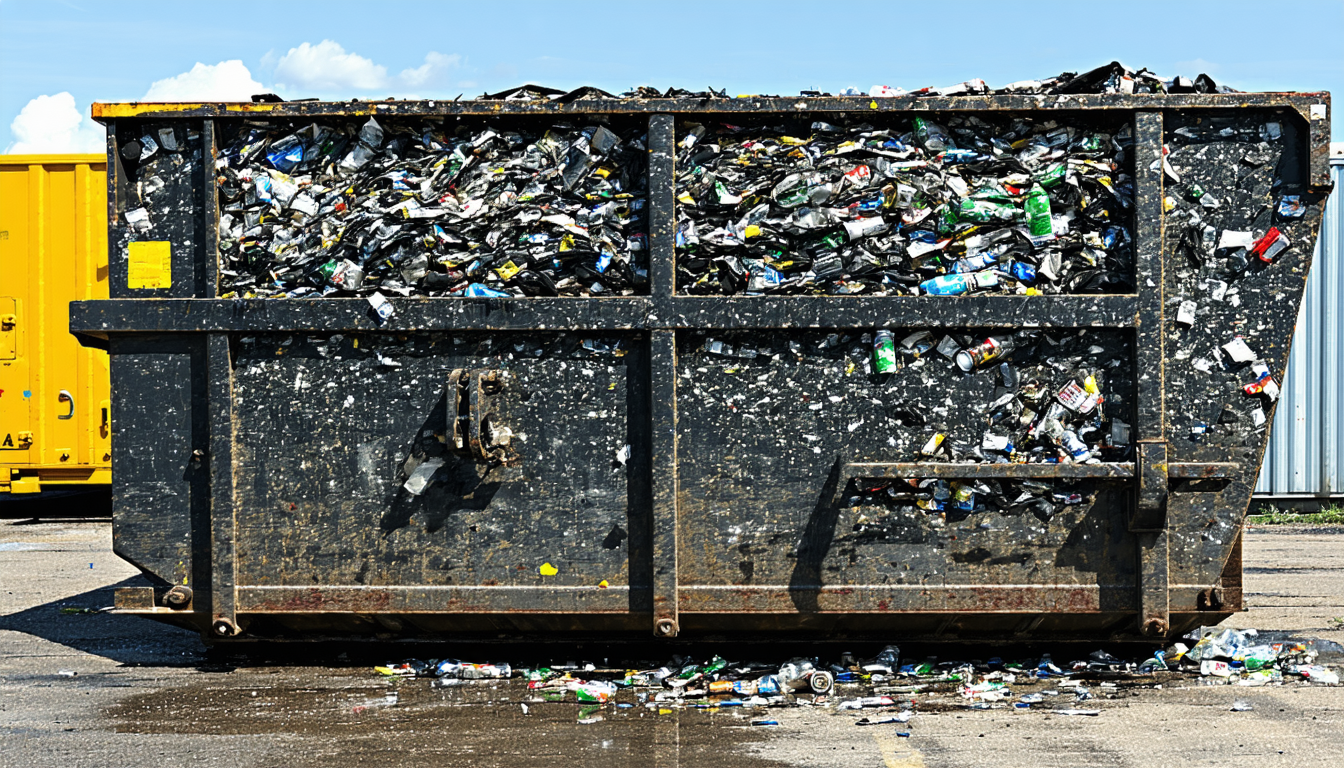Introduction
In the United States, proper waste oil disposal is a pressing environmental and regulatory concern for businesses, mechanics, and households alike. With millions of gallons of used oil generated annually, finding reliable “waste oil disposal near me” options has become a priority to prevent pollution and comply with strict laws. This article explores the latest trends, regulations, and solutions for waste oil disposal across the country. From local recycling programs to federal guidelines, we uncover how Americans can manage this hazardous waste responsibly while protecting the environment.
The Growing Need for Waste Oil Disposal Solutions
Waste oil, often generated from vehicles, industrial machinery, and cooking processes, poses significant risks if not handled correctly. The Environmental Protection Agency (EPA) estimates that over 1.3 billion gallons of used oil are produced in the US each year. Improper disposal can contaminate soil and water, leading to hefty fines and environmental damage. As a result, the demand for accessible “waste oil disposal near me” services has surged, prompting both public and private sectors to step up their efforts.
Businesses like auto shops and restaurants are particularly affected, as they generate large volumes of waste oil. For individuals, disposing of small quantities from home oil changes can also be challenging without clear guidance. This growing issue underscores the importance of localized solutions tailored to community needs.
Federal and State Regulations on Waste Oil Management
The EPA classifies used oil as a hazardous material under the Resource Conservation and Recovery Act (RCRA). While it is not always labeled as “hazardous waste,” strict rules govern its storage, transport, and disposal. Non-compliance can result in penalties ranging from $10,000 to $50,000 per violation, depending on the state.
States like California and Texas have implemented additional regulations, requiring businesses to register with local authorities for waste oil handling. Many regions also mandate that only licensed recyclers or disposal facilities process this material. According to Jane Harper, an environmental consultant with GreenTech Solutions, “Navigating these regulations can be daunting, but they are crucial for preventing environmental harm and ensuring public safety.”
How to Find Waste Oil Disposal Near Me
Locating a disposal site doesn’t have to be complicated. Here are some practical steps to find services in your area:
– Check Local Government Resources: Most counties maintain lists of certified waste oil collection centers on their websites.
– Use Online Tools: Platforms like Earth911.com allow users to search for nearby recycling facilities by entering their ZIP code.
– Contact Auto Shops: Many mechanic shops accept small quantities of used motor oil from individuals at no cost.
– Partner with Private Collectors: Companies like Safety-Kleen offer pickup services for businesses generating large volumes of waste oil.
In 2023, the EPA reported that over 80% of collected waste oil in the US is recycled into new lubricants or fuel, highlighting the effectiveness of these programs. However, accessibility remains a challenge in rural areas where facilities are sparse.
Environmental and Economic Impacts of Proper Disposal
Proper waste oil management offers dual benefits: environmental protection and economic opportunities. Recycling one gallon of used oil can produce enough energy to power a household for nearly 24 hours, per EPA data. It also reduces reliance on virgin oil, conserving natural resources.
For businesses, participating in recycling programs can lower operational costs by avoiding fines and reducing waste management expenses. On a broader scale, the recycled oil industry supports thousands of jobs nationwide. As Mark Thompson, a sustainability expert at EcoCycle Industries, notes, “Turning waste into a resource is not just good for the planet—it’s smart business.”
Future Outlook for Waste Oil Disposal in the US
Looking ahead, advancements in technology could streamline waste oil disposal processes. Innovations like mobile collection units and on-site recycling systems are gaining traction, especially for remote areas. Additionally, federal funding for environmental programs may expand access to disposal sites over the next decade.
Public awareness campaigns are also critical. Educating communities about the risks of improper disposal and the benefits of recycling will drive participation rates higher. While challenges remain, the combined efforts of government, industry, and citizens signal a promising future for sustainable waste oil management.
Conclusion
Waste oil disposal is more than a regulatory obligation—it’s a shared responsibility to safeguard the environment. With billions of gallons generated annually in the US, finding “waste oil disposal near me” options is essential for compliance and sustainability. By leveraging local resources, adhering to regulations, and embracing recycling, Americans can turn a potential hazard into a valuable resource. As solutions evolve, staying informed will be key to addressing this critical issue effectively.
Frequently Asked Questions (FAQ)
1. What qualifies as waste oil?
Waste oil includes used motor oil, hydraulic fluid, transmission fluid, and cooking oil that is no longer suitable for its original purpose due to contamination.
2. Can I dispose of waste oil in regular trash?
No, disposing of waste oil in household trash or drains is illegal in the US due to environmental risks. Always use designated collection or recycling centers.
3. Are there fees for waste oil disposal?
Fees vary by location and quantity. Many public drop-off points accept small amounts for free, while businesses may pay for bulk pickup services.
4. How do I store waste oil safely before disposal?
Store it in a sealed, labeled container away from heat sources or water supplies to prevent leaks or spills until you can transport it to a facility.
5. What happens to recycled waste oil?
Most recycled oil is reprocessed into new lubricants, industrial fuels, or asphalt products, reducing the need for virgin materials.





